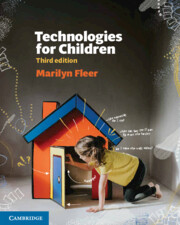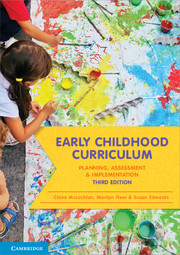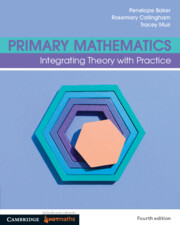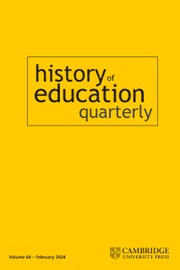Technologies for Children
Technologies for Children is a comprehensive guide to teaching design and digital technologies to children from birth to 12 years. Aligned with the Early Years Learning Framework and the Australian Curriculum: Technologies, this book provides practical ideas for teaching infants, toddlers, pre-schoolers and primary-aged children. The third edition includes expanded content on teaching digital technologies, with a new chapter on computational thinking. Key topics covered include food and fibre production, engineering principles and systems, and computational thinking. The content goes beyond discussing the curriculum to consider technology pedagogies, planning, assessment and evaluation. Case studies drawn from Australian primary classrooms and early childhood centres demonstrate the transition from theory to practice. Each chapter is supported by pedagogical reflections, research activities and spotlights, as well as extensive online student resources. Written by Marilyn Fleer, this book presents innovative, engaging and student-centred approaches to integrating technologies in the classroom.
- Addresses the Australian Technologies Curriculum
- Grounded in a well-established approach to learning with technology
- Accompanied by resources on the book's companion website
Product details
January 2024Paperback
9781009229593
332 pages
254 × 201 × 14 mm
0.81kg
Available
Table of Contents
- Part I. Researching technology and technologies education:
- 1. What is technologies education?
- 2. Key ideas in the technologies curriculum
- 3. Designing and creating preferred futures
- 4. Creativity in design
- Part II. The curriculum in action:
- 5. The curriculum in action: digital technologies in everyday life, the community and the classroom/centre
- 6. The curriculum in action: digital technologies – computational thinking
- 7. Technologies contexts: food and fibre production and food specialisations
- 8. Technologies contexts: engineering principles and systems, and materials and technologies specialisations
- 9. The curriculum in action: project management
- Part III. Pedagogical practices for technologies
- 10. Planning, assessment and evaluation in technologies
- 11. Planning for teaching technologies: analysing the pedagogical approaches.





